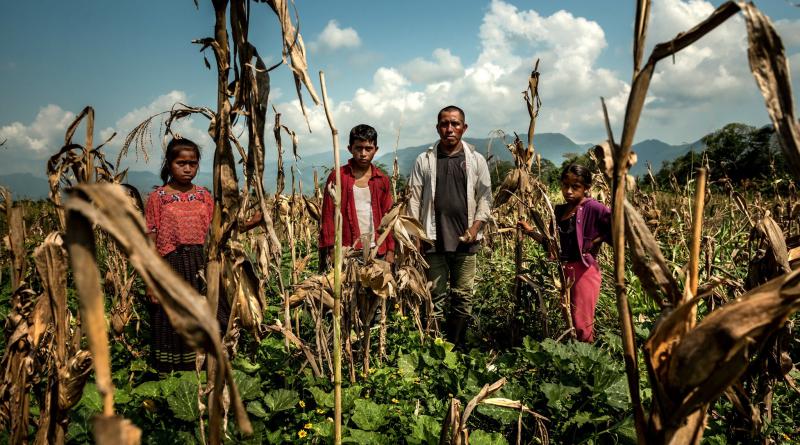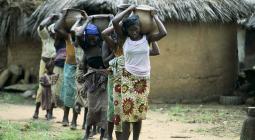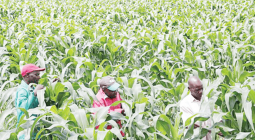Effect of climate variability on healthcare expenditure of food crop farmers in Southwest, Nigeria

This study empirically evaluated the effect of climate variability on the healthcare status and catastrophic health expenditure of the food crop farmers in Southwest, Nigeria.
Cross-sectional data were sourced through a well-structured questionnaire and direct personal interview and used for the analysis.
A multi-stage sampling technique was used to select 459 respondents, while descriptive statistics, multinomial logit and binary logistic regressions were used for the data analysis. Results revealed that farmers perceived increase in heavy rainfall, storms, floods, cases of ailments/diseases and pollutant concentration and decrease in food production.
Creating sanitation programmes, planting of shade trees and use of medicine/herbs were the main adaptation strategies frequently used to combat the effects of climate change on their health.
Self-medication was commonly used as a source of treatment, while age, education, income and climate variables were the main factors influencing preference to healthcare utilisation using multinomial logit regression.
Results of logistic regression revealed that education, marital status, dependants, female household, environmental sanitation, extreme weather events and elderly persons were the main determinants of catastrophic health expenditure in the area.
Therefore, a robust synergy among meteorological forecast, health surveillance and better disaster management should be established among the farmers.
This will help in guiding against diseases and extreme weather events and improve adaptive capacity.
For more details visit here
20 January 2021
Springer





